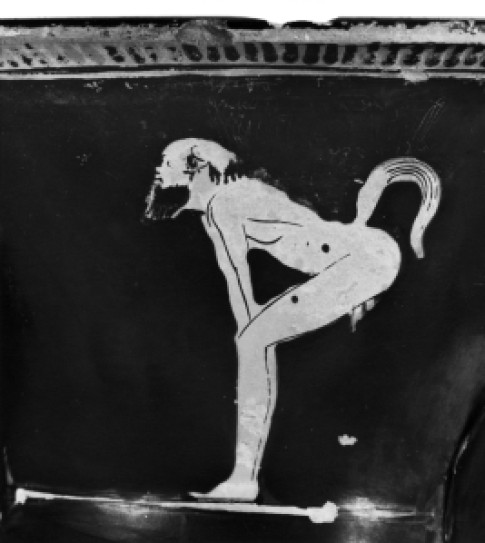Pindar, Ol. 1 1–7
“Water is best, yet gold shining as a fire
Clear in the night is beyond all noble wealth—
But if you desire,
Dear heart, to sing of contests,
Don’t look farther than the sun
For any bright star warmer by day, alone in the sky.
And let us sing no contest greater than Olympia.”
Α′ ῎Αριστον μὲν ὕδωρ, ὁ δὲ χρυσὸς αἰθόμενον πῦρ
ἅτε διαπρέπει νυκτὶ μεγάνορος ἔξοχα πλούτου·
εἰ δ’ ἄεθλα γαρύεν
ἔλδεαι, φίλον ἦτορ,
μηκέτ’ ἀελίου σκόπει
ἄλλο θαλπνότερον ἐν ἁμέρᾳ φαεν-
νὸν ἄστρον ἐρήμας δι’ αἰθέρος,
μηδ’ ᾿Ολυμπίας ἀγῶνα φέρτερον αὐδάσομεν·
As many current parents likely are, I am generally befuddled by obsession with child hydration. Our children take water bottles with them to school; we cannot take even a short trip without water in the car. Although I have no memory of every carrying a water bottle before 2005, I fret over how much water my children are not drinking. Where did this water-worry come from? Here are some water compounds as a tonic.
ὑδατόλουτος: “washed in water”
ὑδατοπλήξ: “water-beaten”
ὑδατοπότης: “water drinker”
ὑδατόχλοος: “pale as water”
ὑδραλέτης: “water-mill”
ὑδράλμη: “salt-water”
ὑδράρπαξ: “water clock”
ϋδραυλις: “hydraulic organ”
ὑδρέλαιον: “oil mixed with water”
ὑδρημερία: “water distribution”
ὑδρόγαστωρ: “water on the belly”
ὑδρόδρομος: “water-running”
ὑδροειδής: “like water”
ὑδρόεις: “fond of the water”
ὑδροθηρία: “hunting in water” (i.e. “fishing”)
ὑδροκέφαλον: “water in the head” (hydrocephalic)
ὑδροκήλη: “water in the scrotum”
ὑδροκιρσοκήλη: “an aneurysm of the vessels of the testicles” !
ὑδρομανία = ὑδροφοβία
ὑδρομέλαθρος: “living in water”
ὑδρόμελι: a type of mead (lit. “water-honey”)
ὑδρόμφαλος: “water in the umbilical region” (prefered translation: “water-button”)
ὑδροπαραστάται: those who serve water instead of wine during Holy Communion
ὑδροπέπερι: “water pepper”
ὑδροποσία: “water drinking”
ὑδρορόδινον: “rose oil mixed with water”
ὑδροσκόπος: “water seeker”
ὑδροσφράντης: “water-smeller”
ὑδροφοβία: “fear of water”
ὑδροφόρος: “water-bearer”
ὑδροφύλαξ: “water guard”










